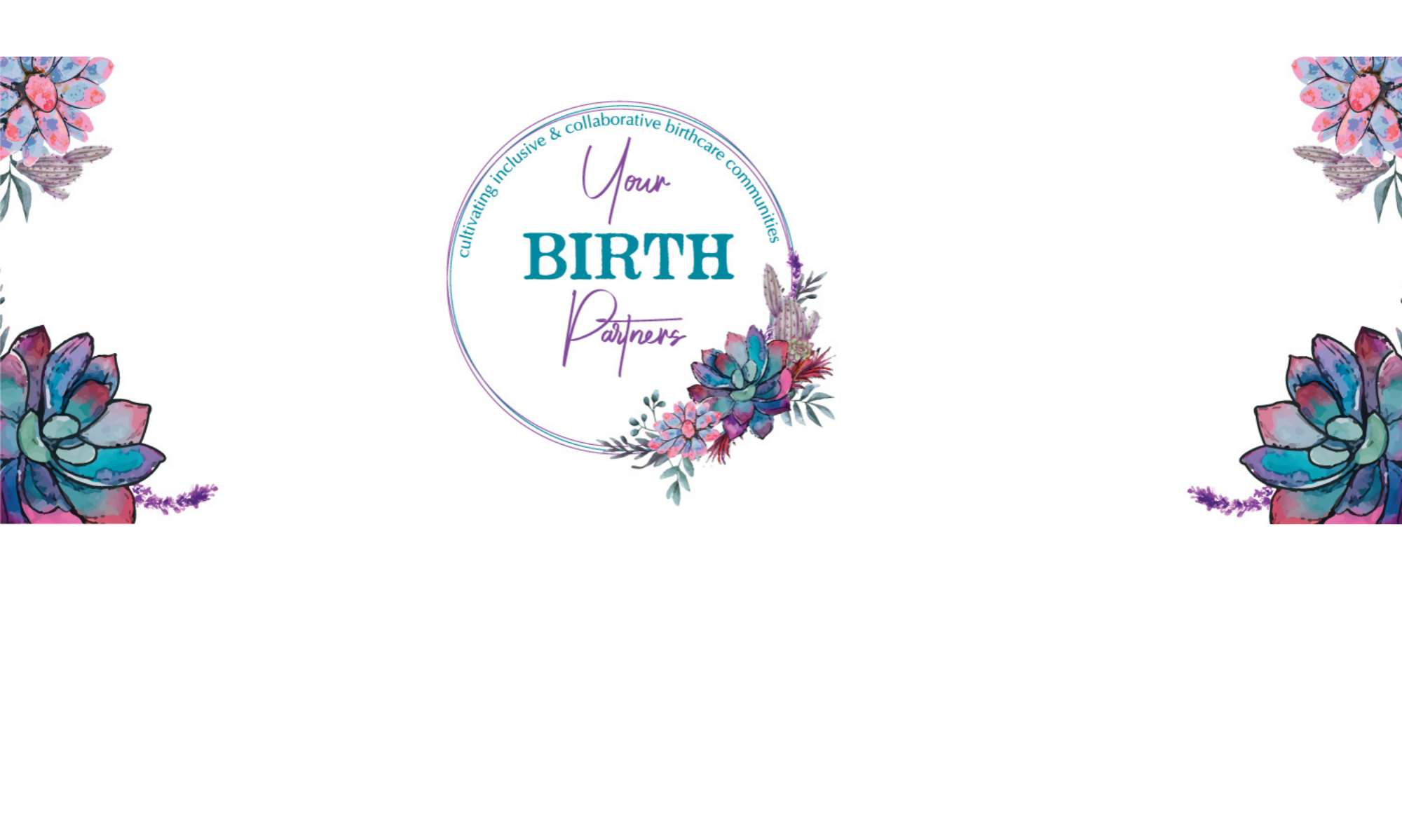Learning about birth *should* be accessible, inclusive, uplifting, and dare we say it, fun! Yet so often, people don’t see themselves represented in birth imagery, and the available information doesn’t speak to their concerns & desires for birth.
Cheyenne Varner of The Educated Birth joins us this week to talk about fostering inclusion & autonomy in childbirth education materials.

Cheyenne Varner, CD, Photographer, Creator 
Maggie Runyon, MSN, RNC-OB
Cheyenne Varner is a doula, designer, photographer, and writer in Richmond, Virginia.
Born in California, raised in New Jersey, and transplanted to coastal Virginia in the midst of high school, Cheyenne didn’t hit the Richmond scene until 2009, to attend the University of Richmond. There, she created the interdisciplinary major Educational Activism in the Arts — a mix of courses in Sociology, Rhetoric and Communications, Education, and Theater — and minored in Creative Writing.
Today, Cheyenne is a freelancer and a certified professional birth doula, trained by toLabor, Ancient Song, and Doula Trainings International (DTI) and certified by DTI. She runs The Educated Birth, an online shop of birth educational materials, including Everyday Birth Magazine. Her passion for all things creative leads her to pursue projects of the design, photography, and writing variety.
Whether solo, or collaboratively, Cheyenne seeks to pursue all of her work with excellence, authenticity, and grace.
In this episode, Cheyenne shares about the homogenous birth images & resources that didn’t reflect her family & her community and led to her creation of The Educated Birth materials.
~Cheyenne dives into the harm to both birthing people and birthworkers when we are faced with limited images & a limited mindset around the possibilities of birth.
~She explains why representation of a variety of races, identities, family structures, and birth outcomes is crucial to changing the birth narrative, and how centering Black & Brown birthing bodies in birth education fits into the larger conversation of shifting perinatal care disparities.
~We discuss the negative impact of one-sided birth education materials that present only one version of “ideal” birth.
~We also explore how storytelling, like in Cheyenne’s Everyday Birth Magazine, can change the future of birth & how we relate to others with our birth stories.
We love what Cheyenne has created through The Educated Birth. We love it so much that we’d love you to have your own copy of some of her materials! We are giving away two different infographic bundles this week, each to a different lucky winner! You can find the details and enter to win over in our facebook group.
For more information about The JJ Way, created by Jennie Josephs, LM, CPM, and how it is effective at reducing perinatal health disparities, check out these resources: Commonsense Childbirth & Bastyr University Symposium.
To dig deeper into the effect of representation in birth media on pregnant people’s experiences you can read BMC Pregnancy & Childbirth.
Check out this episode’s full transcript or tune in wherever you enjoy podcasts.
We’d love to hear from you; join our community group to discuss!
Music from https://filmmusic.io
“Gonna Start” by Kevin MacLeod (https://incompetech.com)
License: CC BY (http://creativecommons.org/licenses/by/4.0/)















